What Are Wisdom Teeth?
You usually have three sets of molars at the back of your mouth, which consist of four teeth on the top, bottom, and both sides of the mouth. Molars are responsible for grinding down the food.
Just two sets of molars develop during the emergence of your adult teeth, and the third set will arrive and sit farthest back between the ages of 17 and 21. These molars are called wisdom teeth as they appear when you are older.
Anthropologists believe you have grown beyond needing wisdom teeth, making them completely unnecessary when they eventually come in. However, 53 percent of people older than 25 have at least one wisdom tooth, even if they don’t fully erupt.
Wisdom Tooth Infection
Wisdom teeth are susceptible to infection since flossing and cleaning them in general is more challenging considering their position in your mouth; this allows for bacteria growth.
Sometimes, these teeth get impacted because the mouth is already full, and the soft tissue may cause an infection known as pericoronitis. A wisdom tooth infection can occur with symptoms such as pain, swollen or bleeding gums, bad breath, jaw pain, swelling, and difficulty speaking.
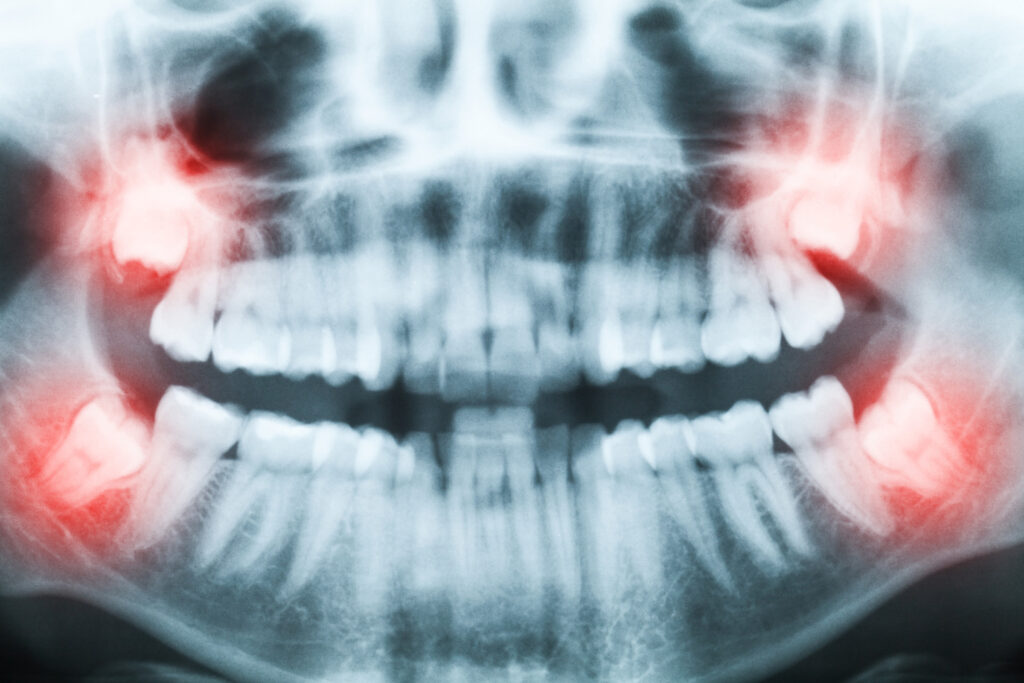
Wisdom Tooth Extraction
Wisdom tooth extraction is the process of removing the third set of your molars, wisdom teeth. You can return to normal activities in a few days after a wisdom tooth extraction, while a complete recovery can take up to several weeks.
You are advised against postponing your wisdom tooth extraction, not only because the infection could get worse, but because wisdom teeth have the potential to cause serious problems that will impact the surrounding teeth and bones.
What Is Wisdom Tooth Removal Surgery?
Wisdom tooth removal surgery is performed by an oral surgeon to extract one or more of your wisdom teeth. Your gums will be cut, and your wisdom tooth will be extracted as a whole or in pieces. You will be under anesthesia with nitrous oxide or intravenously during the procedure.
You will be recommended to undergo this surgery once your oral examination reveals that your wisdom teeth are impacted or may be impacted in the future, causing issues such as infection, tooth decay, bone loss, tooth loss, and periodontal diseases.
Wisdom Tooth Removal Age
Wisdom tooth removal surgery is typically faster, and its recovery shall be shorter if you do it at an earlier age, as the tooth roots are not formed completely, and the body’s healing process is faster. Although your age won’t make extracting your wisdom teeth impossible, it can still complicate the situation.
Wisdom Tooth Removal Preparation
Discuss whatever you worry about with your surgeon before you undergo the procedure. Your surgeon will tell you what you should know prior to the wisdom tooth removal surgery. You may be recommended to get some soft or liquid-based foods that you can consume after the surgery. The clothes you should wear will also be stated to you.
You might not be allowed to take certain medications due to the risk of bleeding and other complications. These include Aspirin, warfarin, and Ibuprofen. Therefore, you should share your medical history with your surgeon to avoid complications. You will probably be instructed to have someone bring you home after the procedure.
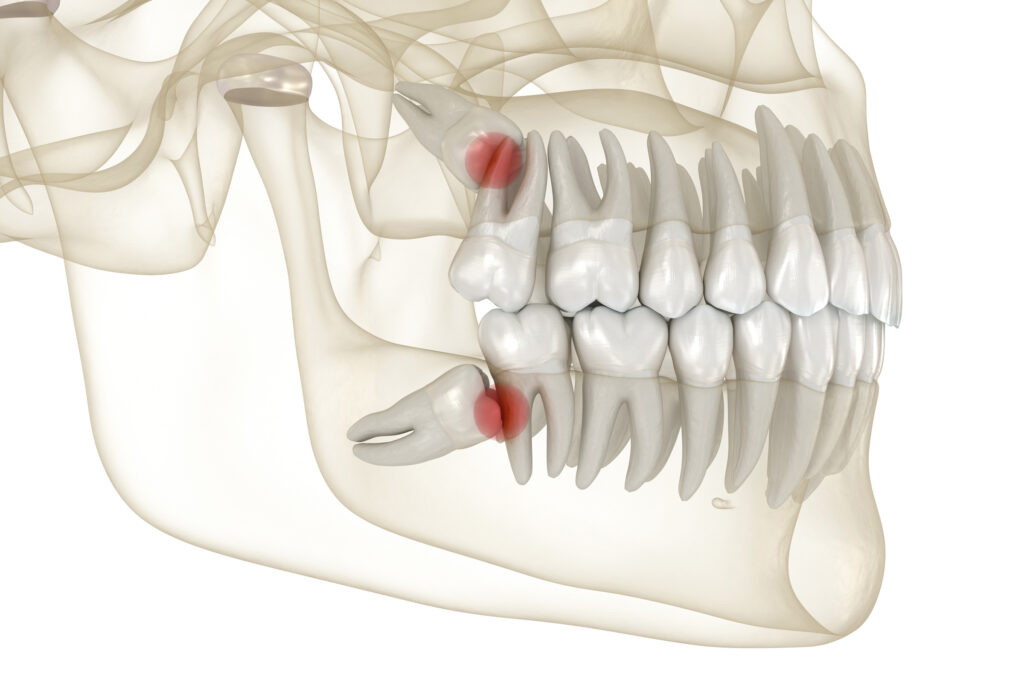
Wisdom Tooth Removal Process
Wisdom tooth removal surgery will last an hour and includes the following steps:
- Sedation and numbing: The surgeon will prescribe the proper sedative depending on your condition. If you take nitrous oxide through a small mask, you will be awake but relaxed, and if you get an IV sedation, you will drift in and out of consciousness. After sedation, your wisdom tooth and surrounding tissues will be numbed with a local anesthetic.
- Tissue and bone removal: All the gum tissues covering the target area will be drawn. If the impacted wisdom tooth is covered with bone, the bone will also be removed.
- Sectioning of the tooth: The target wisdom tooth should be gently loosened from its connected tissue and cut into sections for easier removal.
- Tooth removal: The wisdom tooth can get removed with the help of special surgical instruments. After removing the tooth, stitching may be necessary for better healing.
Wisdom Teeth Removal Aftercare
After the procedure is done, you will be brought out of sedation. You may feel mild inconveniences such as nausea and dizziness. You will also experience pain as the anesthesia effects wear off, but there is no need to worry as you will be monitored for recovery.
You should avoid smoking, alcohol, brushing the extraction site, or rinsing your mouth after the surgery since some discomfort may persist for up to several days, and the extraction area takes much longer to heal. You can take over-the-counter medicine to ease the pain and apply ice packs to your face to help with the swelling.
The surgeon will suggest when and what to eat, but you will typically have to eat only soft foods until you heal.
Wisdom tooth extraction is a standard procedure but may still be risky. You should choose a qualified surgeon to perform this procedure to prevent complications such as sinus disorders, irritated nerves, and infections. You should also take uncommon symptoms seriously. These symptoms include difficulty breathing or swallowing, excessive bleeding, nosebleed, and high fever.
Our clients at Aria Dental have a pleasant experience getting treated for their dental issues, thanks to our qualified doctors and modern technologies. No matter what the problem is, whether you come to us for treatment or just our advice, our staff is there to support you. We are available for anyone who needs information about different conditions and treatments.
You can contact us anytime for any issues with your oral health. You share your problems, and we will take care of them.
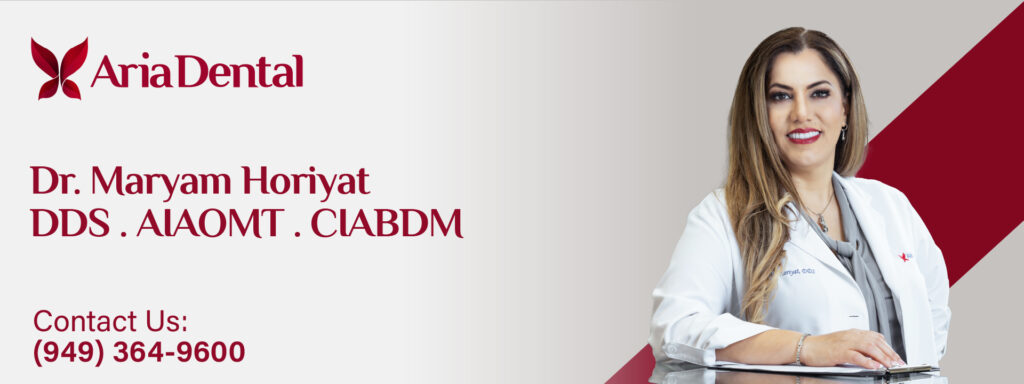








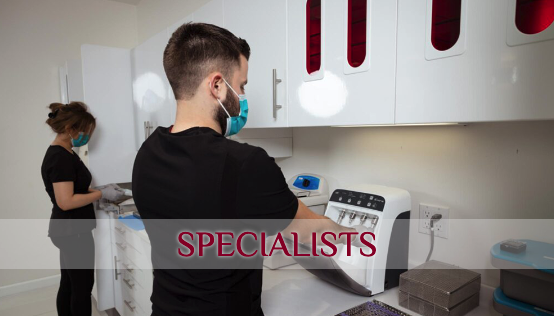



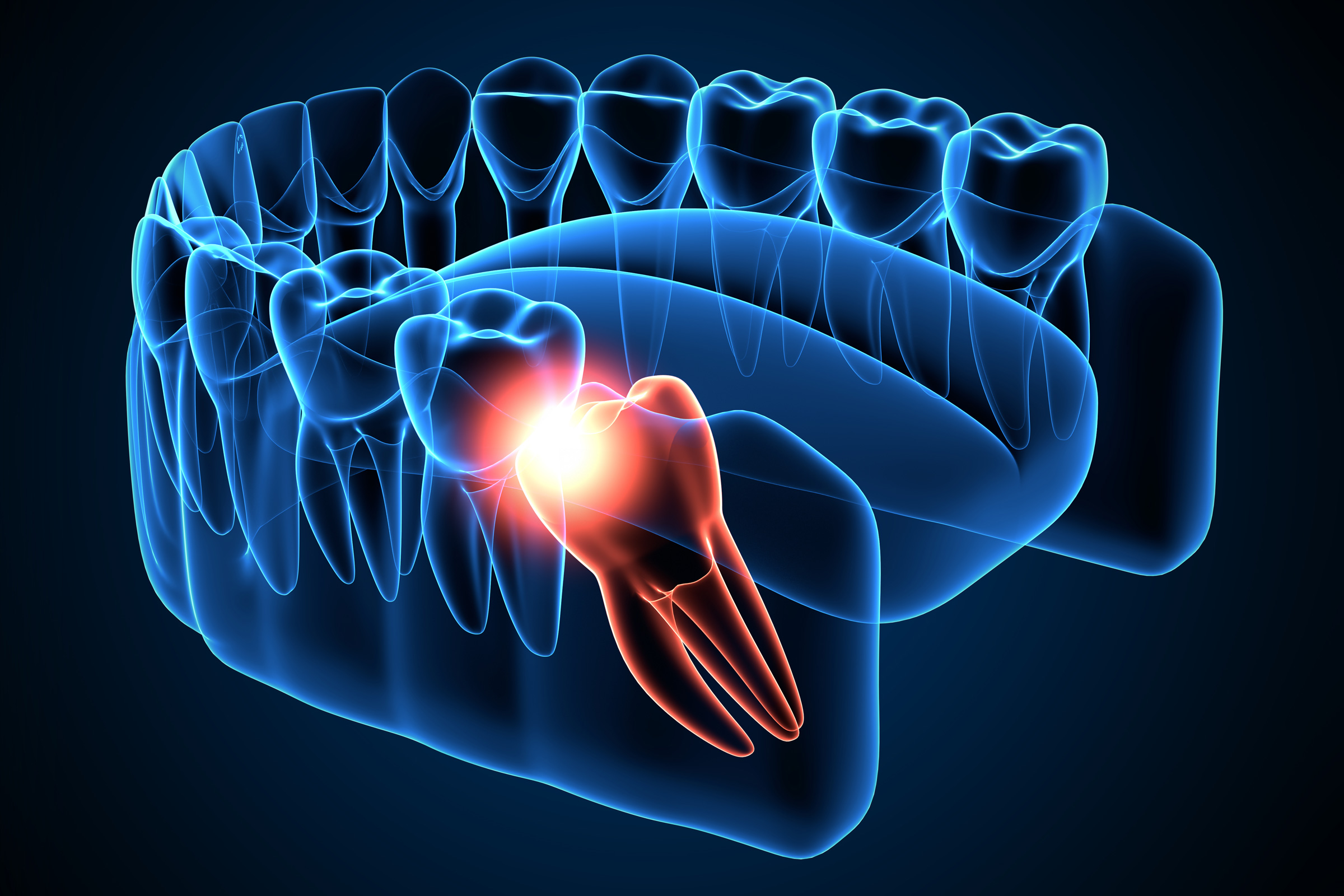


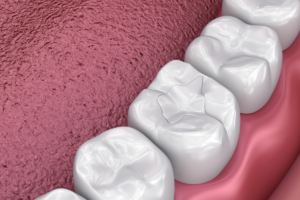



1 Comment
Thanks for helping me understand how you could use wisdom teeth removal to alleviate your tooth pain especially when it’s affecting your daily routines. I have been getting emails from companies that offer wisdom tooth removal services. I will keep your advice in mind if I need to have my wisdom teeth removed.